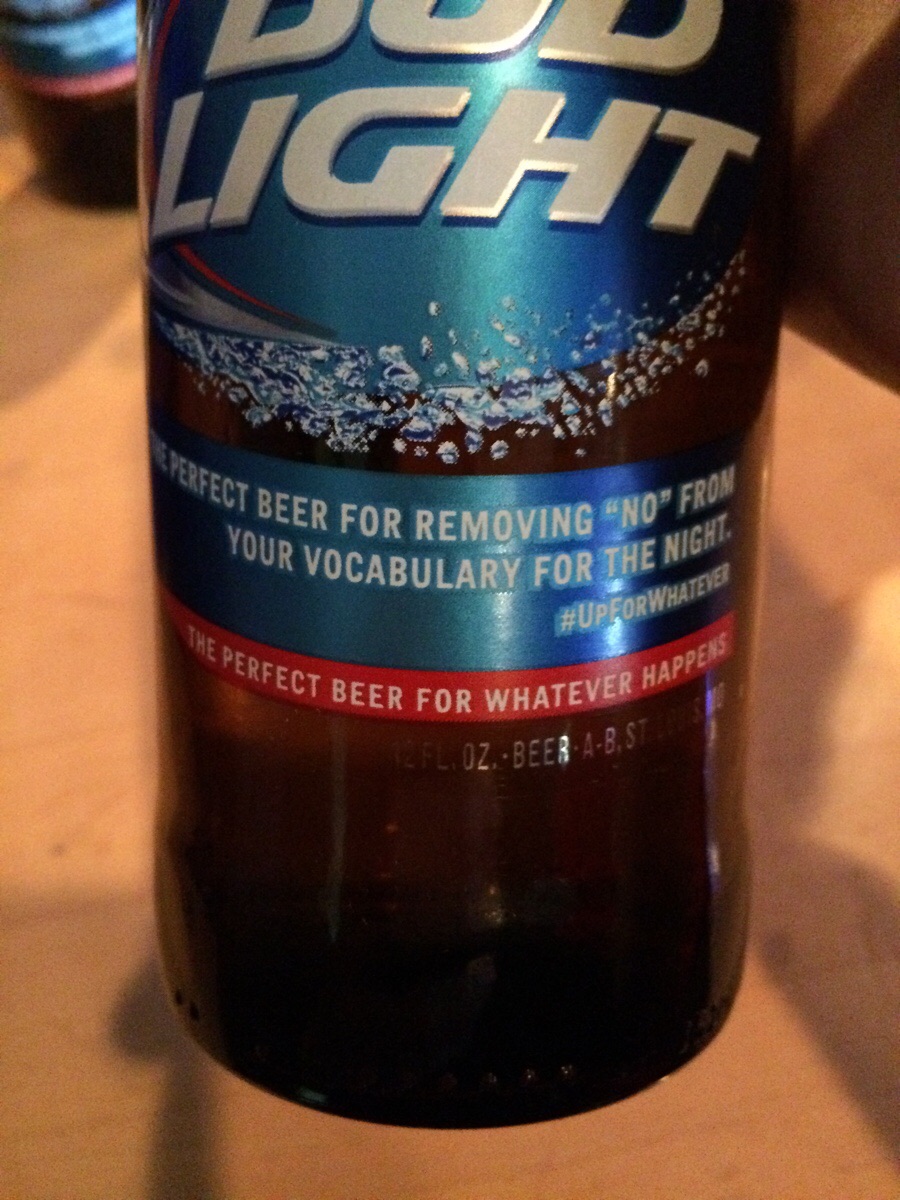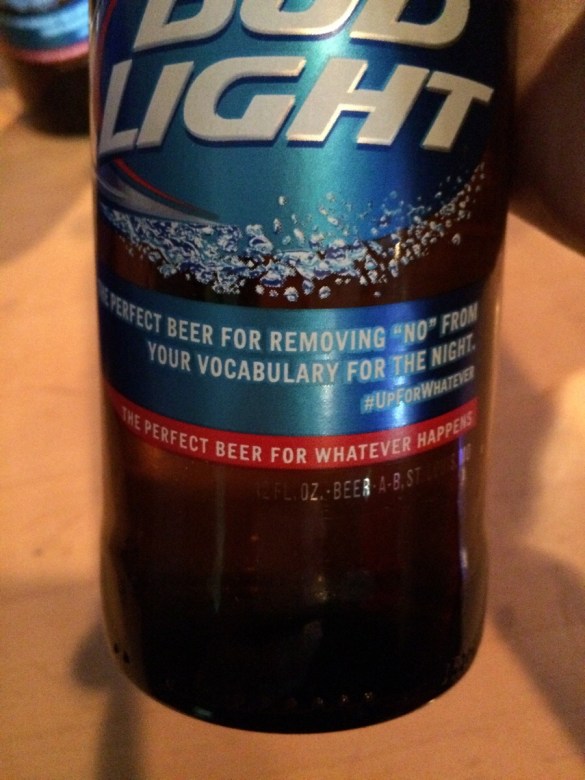Gone, but never forgotten. https://t.co/rmhQfKw6jmpic.twitter.com/sj3mqsE8x8
— Stephanie Haberman (@StephLauren) August 6, 2015
An article came up on Jezebel today about this really poorly thought out football slogan at Vanderbilt University, noting that it’s especially bad since two football players were recently convicted of sexual assault, but later released on mistrial. They have since apologized and taken down the image.
We apologize for today’s tweet. It’s not a comment about sexual assault. Sex without permission is always wrong and not accepted. (1/2)
— VandyFootball (@VandyFootball) August 6, 2015
Sexual assault is not acceptable at Vanderbilt University, Vanderbilt Athletics and Vanderbilt Football. (2/2) — VandyFootball (@VandyFootball) August 6, 2015
While their quick response and acknowledgement is appreciated, you have to ask, how did that motto get approved at all? Did no one take a look and say, “hey, does anyone else think that saying ‘we don’t need your permission’ sounds really really inappropriate? Especially considering, you know, the incident?” No one?
It also calls to mind some other marketing fails, like Bud Light’s #UpforWhatever campaign, which promised to take “no” out of our vocabularies.
John Oliver addressed the slogan on his show, and acted out what the meeting for the motto must’ve looked like by playing the part of four fratty WASSSSUUP-er types.
Similarly, no one at Three caught how this Three Mobile billboard came across incredibly transphobic. While advertisements like these aren’t as intentionally gross as that horrible “crossover” car ad, it’s kind of scary how oblivious these teams are to the way they come across. This inability to see the message out-of-context and considering other interpretations just seems like really bad user experience.
So here’s a tip to marketing teams: diversify your team. I know, groundbreaking. Want to know if something is offensive to women? Have women on your team and ask them. Is this ad a bit transphobic and super insensitive? Hire trans people and they’ll tell you! If you want to fill those blind spots, educate yourself and bring in new perspectives, it’s good for everyone.
—Please make note of The Mary Sue’s general comment policy.—
Do you follow The Mary Sue on Twitter, Facebook, Tumblr, Pinterest, & Google +?










Published: Aug 6, 2015 04:56 pm